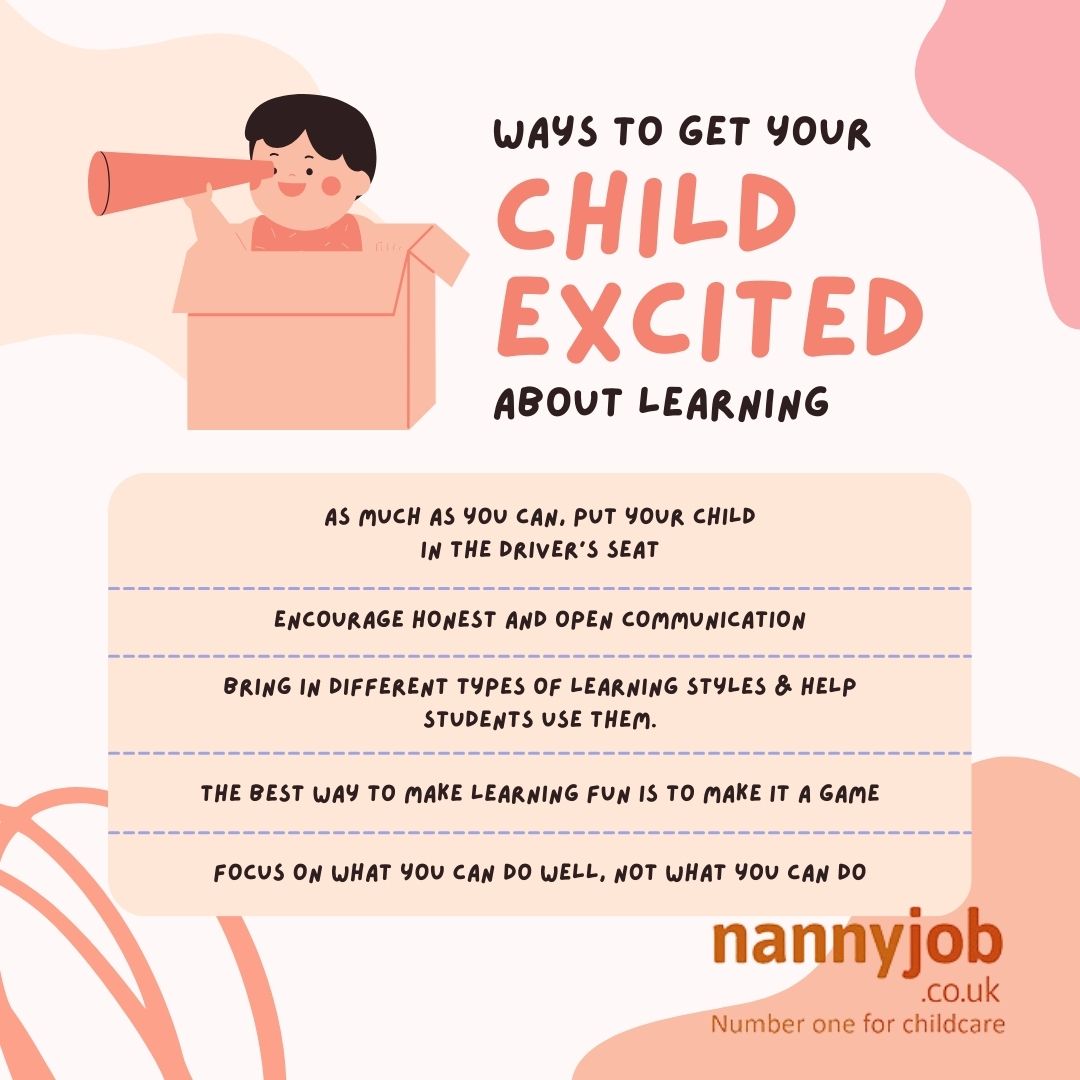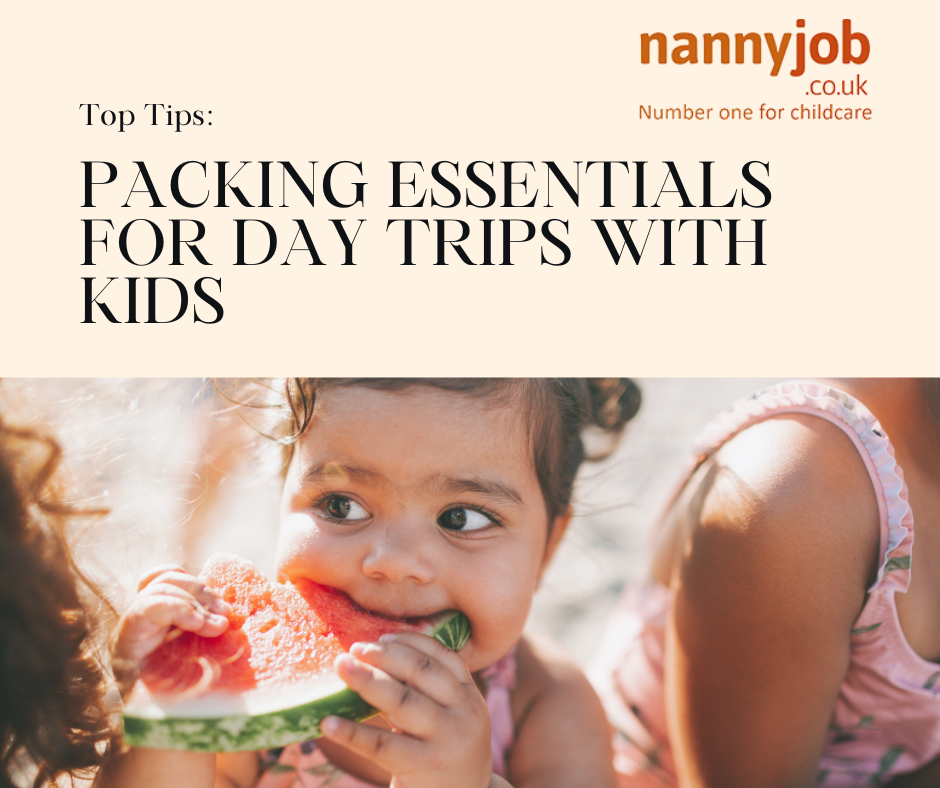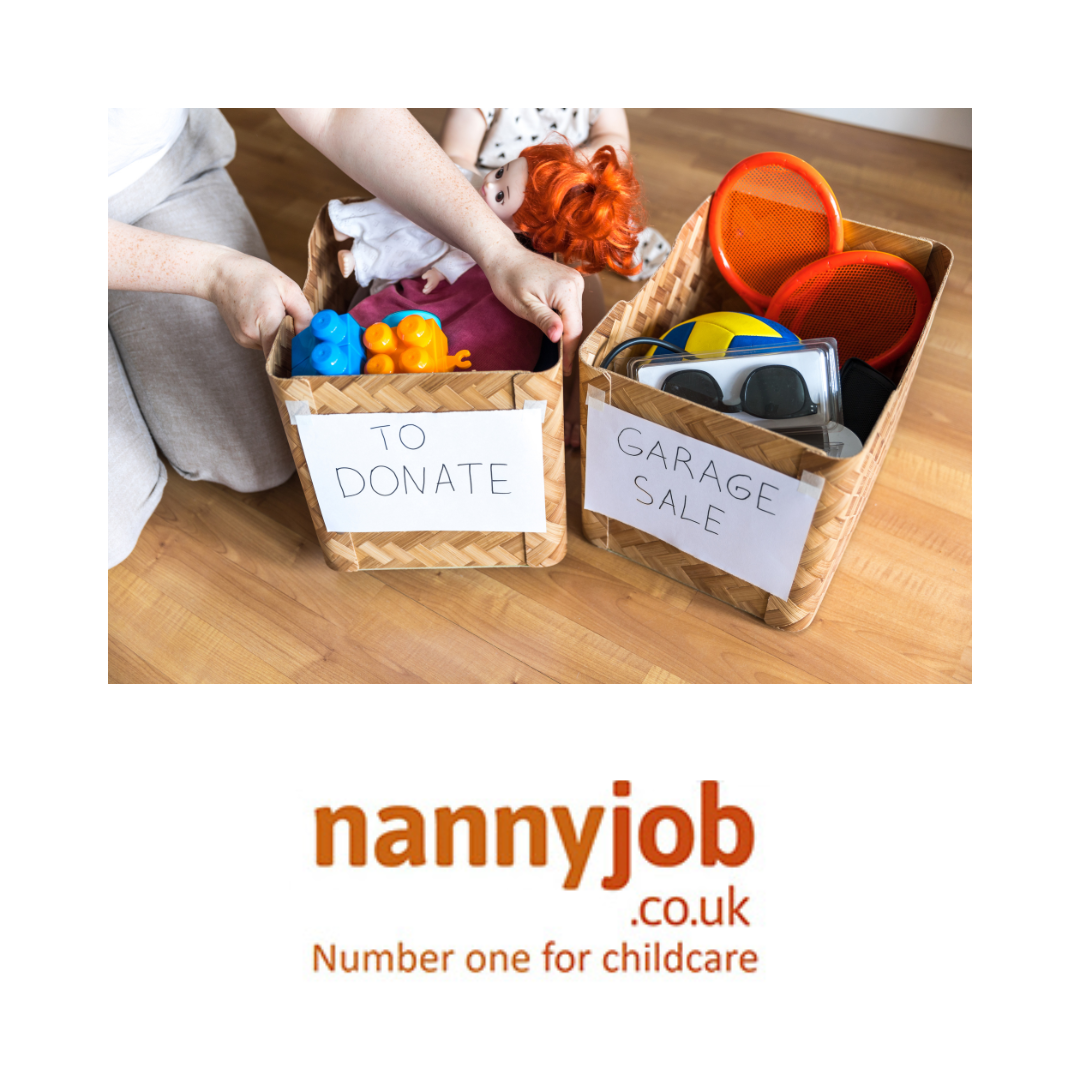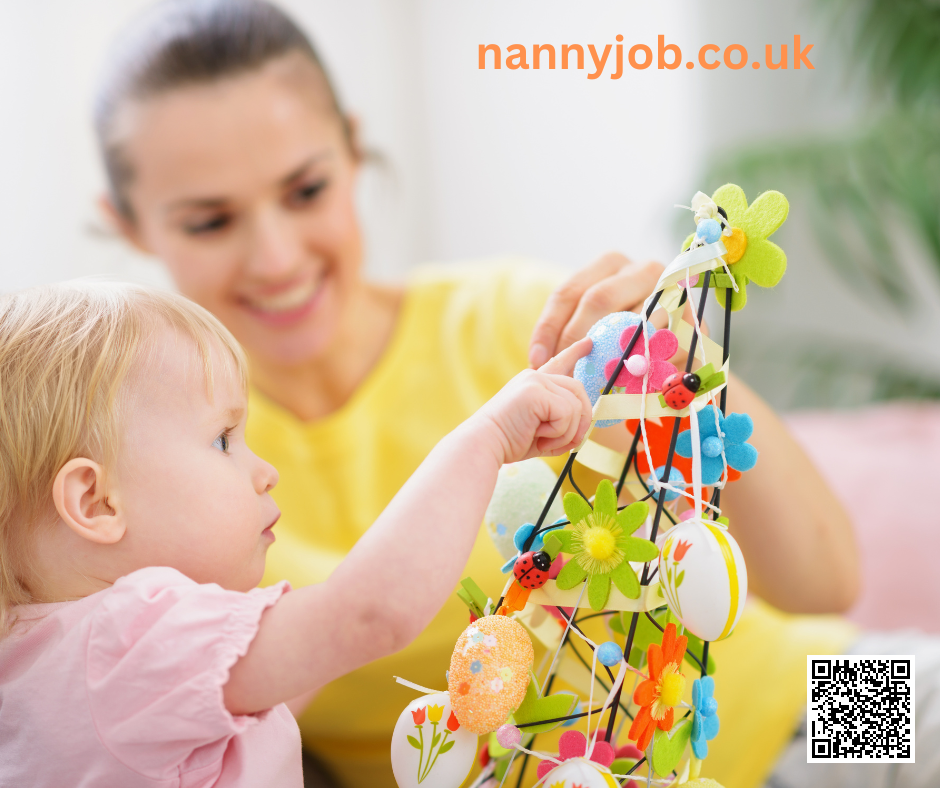Introduction
The school summer holidays are a time for relaxation, adventure, and fun. However, they can also be an excellent opportunity for children to continue learning in a more relaxed and engaging environment. As parents, nannies, and childcarers, it’s important to find creative ways to keep the learning momentum going. This not only helps prevent the “summer slide” but also nurtures a lifelong love for learning. Here are some tips and ideas to get children excited about learning during the holidays.
1. Embrace Outdoor Learning
Summer offers the perfect chance to take learning outside. Nature walks, visits to the zoo, or trips to the beach can be educational and fun. Encourage children to observe their surroundings, collect interesting items like leaves or shells, and research them later. This hands-on learning experience can spark curiosity and a deeper understanding of the natural world.
2. Encourage Reading for Pleasure
Summer is an ideal time for children to dive into books they genuinely enjoy. Create a summer reading list together or visit the local library for some fresh picks. Consider setting up a cosy reading nook at home or having a family reading time. This not only improves literacy skills but also allows children to explore new worlds and ideas.
3. Get Creative with DIY Projects
Encourage creativity and problem-solving skills with DIY projects. Whether it’s building a birdhouse, creating a garden, or making homemade slime, these activities can be both educational and entertaining. DIY projects also offer opportunities to learn new skills, such as measuring, planning, and following instructions.
4. Incorporate Educational Games
Board games, puzzles, and educational apps can be great tools for learning. Games that involve strategy, math, or language skills can keep the mind active while still being fun. Consider setting up a family game night where learning and laughter go hand-in-hand.
5. Explore Cultural Activities
Take the opportunity to explore different cultures and histories. Visit local museums, cultural festivals, or historical sites. Cooking dishes from different cuisines or learning a new language can also be enriching experiences. These activities broaden children’s perspectives and understanding of the world.
6. Encourage Journaling and Storytelling
Writing is a fantastic way to improve communication skills and creativity. Encourage children to keep a journal or write stories about their summer experiences. This can be a great outlet for expressing thoughts and emotions, as well as practicing writing skills.
7. Make Learning Fun with Experiments
Science experiments can be incredibly engaging and educational. Simple experiments, like making a volcano or growing crystals, can teach scientific principles in a hands-on way. Not only are these activities fun, but they also encourage curiosity and critical thinking.
Conclusion
Keeping learning going during the school summer holidays doesn’t mean replicating the classroom experience. It’s about finding creative, enjoyable ways to explore new interests and keep young minds active. By incorporating a mix of outdoor activities, reading, DIY projects, and cultural exploration, children can continue to learn and grow throughout the summer. Most importantly, these experiences can ignite a passion for learning that lasts a lifetime.











